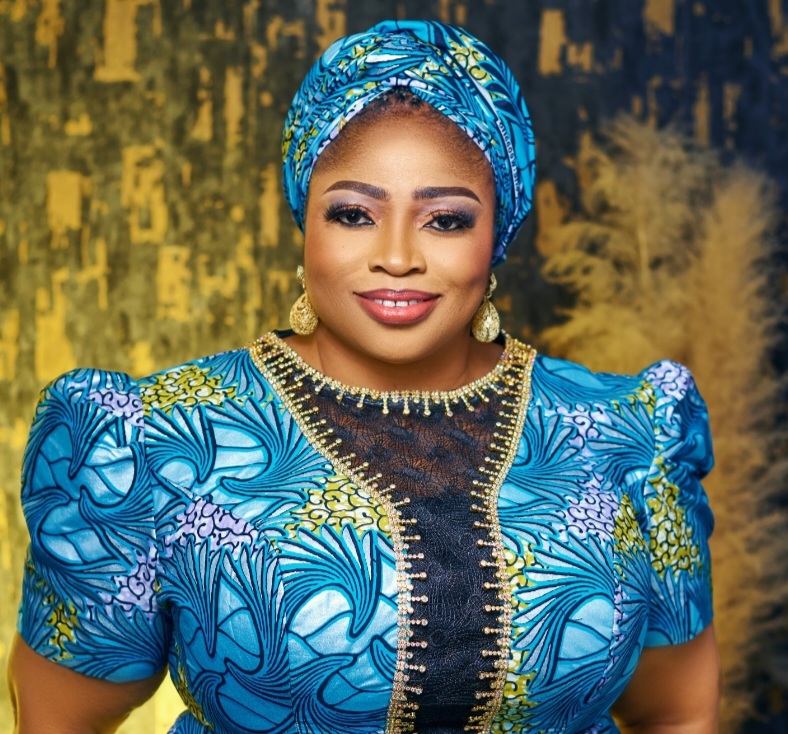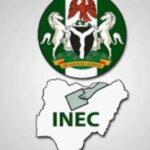Gentlemen of the Press… The Fourth Estate of the realm
* NUJ at 70
Protocol list of all functions where the media (Journalists) is present, ends with, “Gentlemen of the Press, Ladies and Gentlemen”. This has been a practice over the years. The phrase “Gentlemen of the Press” has been used for centuries to acknowledge the importance of journalists and the media in reporting events and holding those in power accountable.
Recognising the Gentlemen of the Press is a standard protocol at many formal events, including conferences, ceremonies, and press conferences. It is a way to show respect for the journalism profession and the important role they play in a free and democratic society. Journalists play a crucial role in sharing information with the public, and recognising them at functions acknowledges their importance in disseminating news and information and promoting transparency and accountability. Recognising the Gentlemen of the Press at functions is a way to acknowledge the important role that journalists play in a free and democratic society.
The term, Fourth Estate or fourth power, refers to the press and news media in their explicit capacity, beyond the reporting of news, of wielding influence in politics. The derivation of the term arises from the traditional European concept of the three estates of the realm: the clergy, the nobility, and the commoners. It refers to the press and media, emphasising its role in monitoring and influencing the other branches of government and society. Today, the term “fourth estate” refers to the press or media, which is considered a critical institution in society, alongside the three branches of government: the Executive, Judiciary and Legislature. The press is seen as a watchdog that provides oversight to the public and holds the government accountable to the public.
The concept of the media as the “Fourth Estate of the Realm” is a notion that originated in the 18th century. The term “Fourth Estate” refers to the media’s role as a watchdog, holding those in power accountable and providing a voice for the voiceless. The concept of the Fourth Estate emerged when philosophers like Edmund Burke and Thomas Carlyle recognised the growing influence of the press in shaping public opinion.
The role of the media as the Fourth Estate, is expected to hold those in power accountable by scrutinising the actions of government officials, corporations, and other powerful entities, provide a platform for marginalised voices by amplifying the stories and concerns of underrepresented groups and facilitate public discourse by hosting debates, publishing opinion pieces, fostering a culture of critical thinking amongst others.
The Nigeria Union of Journalists (NUJ), recently celebrated its 70th year anniversary. The NUJ is a trade union founded on March 15, 1955, in Lagos, Nigeria, to advocate for the rights and welfare of journalists. The NUJ emerged during Nigeria’s struggle for independence, aiming to address issues like better pay and working conditions for Journalists. The NUJ strives to advance the safety and welfare of Nigerian Journalists, acting as a platform for their collective interests. The NUJ is an independent trade organisation, free from political or ideological leanings. The NUJ which celebrated its 70th anniversary on March 15, 2025, has a code of ethics to guide its members in their journalistic work, emphasising honesty, accuracy, and fairness.
While the media in Nigeria has made significant contributions to democratic societies, its role as the Fourth Estate has faced challenges and criticisms. Ranging from media ownership, bias and partisanship, the impact of social media amongst others. The media’s role as the Fourth Estate is not without its challenges and criticisms, it remains a vital component of democratic societies. By holding those in power accountable, providing a platform for marginalised voices, and facilitating public discourse, the media continues to play a crucial role in promoting transparency, accountability, and civic engagement.
The Nigerian Union of Journalists (NUJ) has reached a milestone, celebrating 70 years of advocating for press freedom, ethical journalism, and the welfare of journalists in Nigeria. Founded in 1955, the NUJ has played a crucial role in promoting professional standards and protecting the rights of Journalists.
Over the years, the NUJ has been vocal about issues affecting journalists, including poor working conditions, low salaries, and harassment. The union has also organised training programs and workshops to enhance the skills of its members. Despite its achievements, the NUJ faces challenges, including the need to adapt to the changing media landscape, address the issue of quackery in the profession, lack of renumeration from some employers and ensure the safety and security of Journalists.
As the NUJ marks its 70th anniversary, it is essential for the union to reflect on its past achievements and challenges, and to recommit to its core values of promoting press freedom, ethical journalism, and the welfare of journalists.
The NUJ needs to adapt to the changing media landscape, including the rise of digital media and social media. The union needs to address the issue of quackery in the profession, including the proliferation of fake news and unprofessional journalism. The NUJ needs to ensure the safety and security of Journalists, including protecting them from harassment, intimidation, and violence.
While the media in Nigeria has made significant contributions to the country’s democracy, its role as the Fourth Estate of the realm is complex and contested. The Nigerian media have enagaged in Investigative Journalism. Media houses have conducted investigative reports that have exposed corruption, human rights abuses, and other social injustices. The media has played a crucial role in scrutinising the actions of government officials, politicians, and other powerful individuals, providing a platform for marginalised voices by amplifying the stories and concerns of underrepresented groups, including women, minorities, and people living with disabilities.
However, some Nigerian media outlets have been accused of promoting partisan interests and biased reporting, which undermines their credibility and impartiality. The Nigerian media landscape is also seen to be dominated by a few powerful individuals and corporations, which can limit the diversity of viewpoints and the ability of media outlets to operate independently. While Journalists and media houses in Nigeria have faced censorship, harassment, and even violence, which can restrict their ability to report freely and critically, the practice of accepting bribes or other forms of inducement in exchange for favorable coverage is a significant challenge to the credibility and integrity of the Nigerian media.
To fulfill its potential as a watchdog and a voice for the voiceless, the Nigerian media must prioritise independence, impartiality, and integrity, government must also make the atmosphere safe to enable Journalists practice freely without fear and the NUJ executives, should as a matter of urgency make the body a professional one like the Nigeria Bar Association and Nigeria Medical Association not an all comers affair.
The media is a very important arm of Government and should be treated as such. This can start by recognising Gentlemen and Women of the Press alongside other very important dignitaries at functions and not second to the last or the last, as the case maybe. Nigerian Journalists are Pressmen and Women, and not Press boys. I use this opportunity also plead with my colleagues to hold themselves in high esteem and not do anything for peanuts. Once you carve a niche for yourself, it will set you on the path of greatness. Happy 70th anniversary to us all, gentlemen and women of the press.






